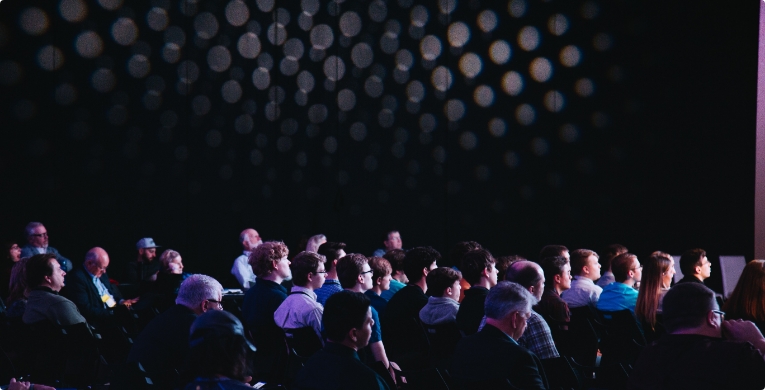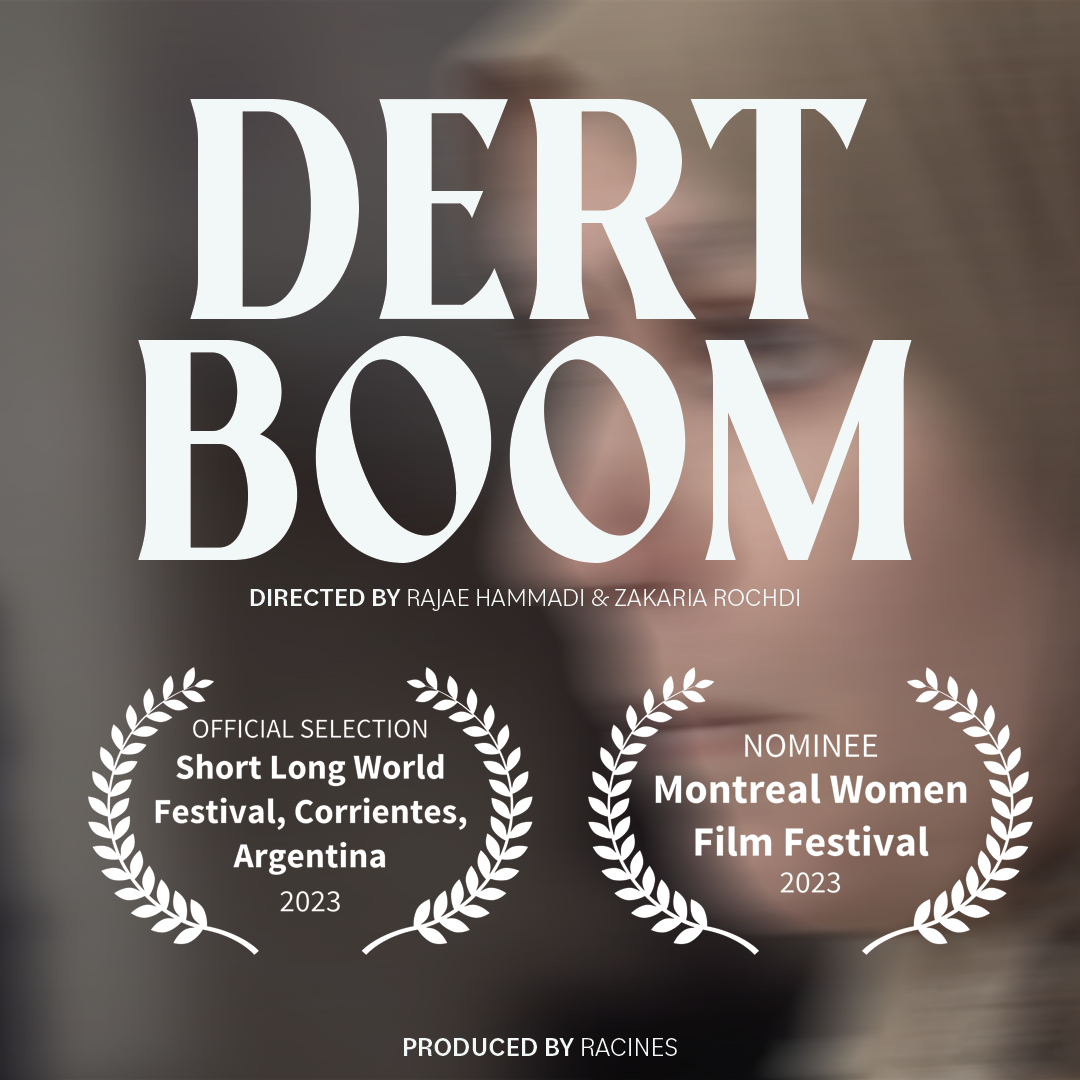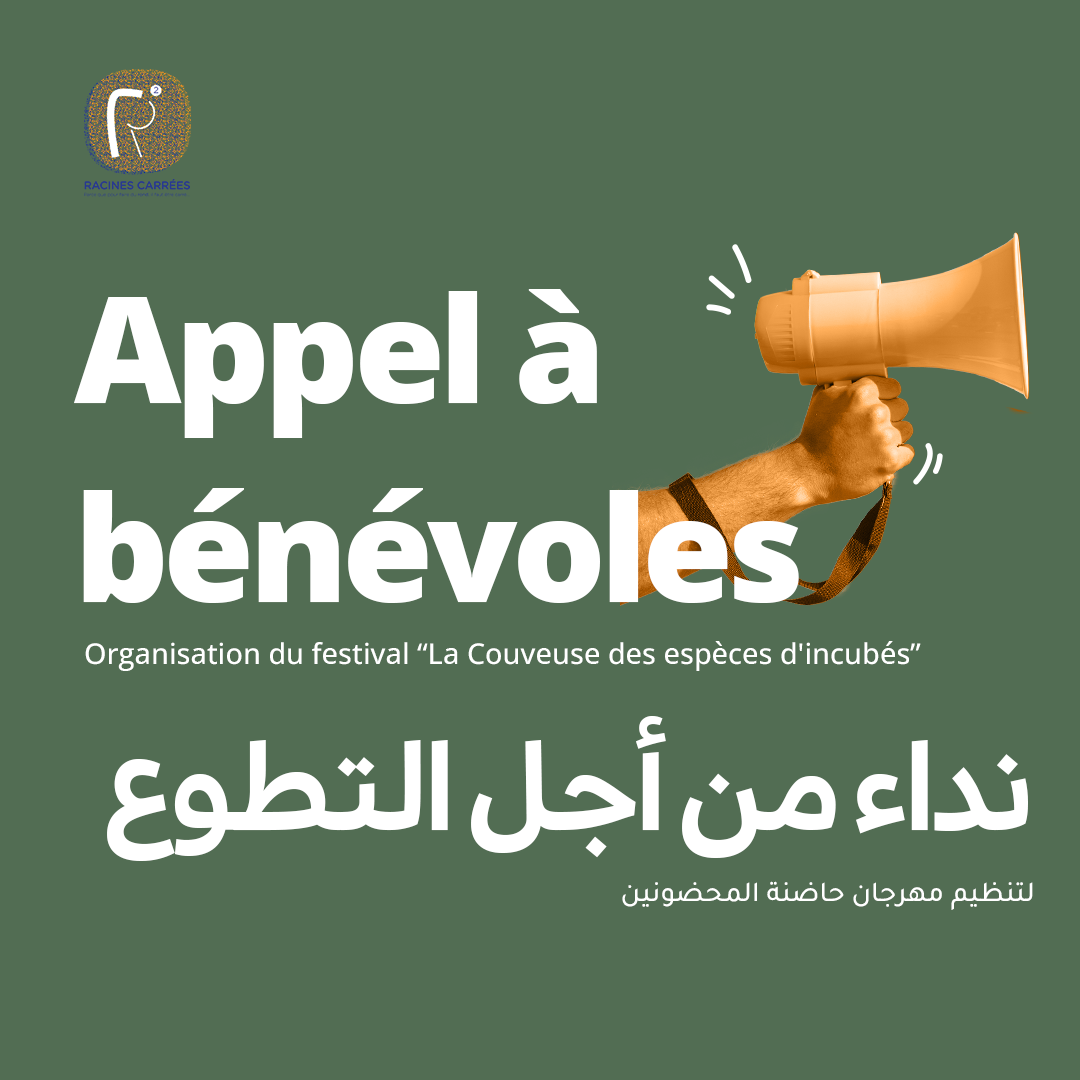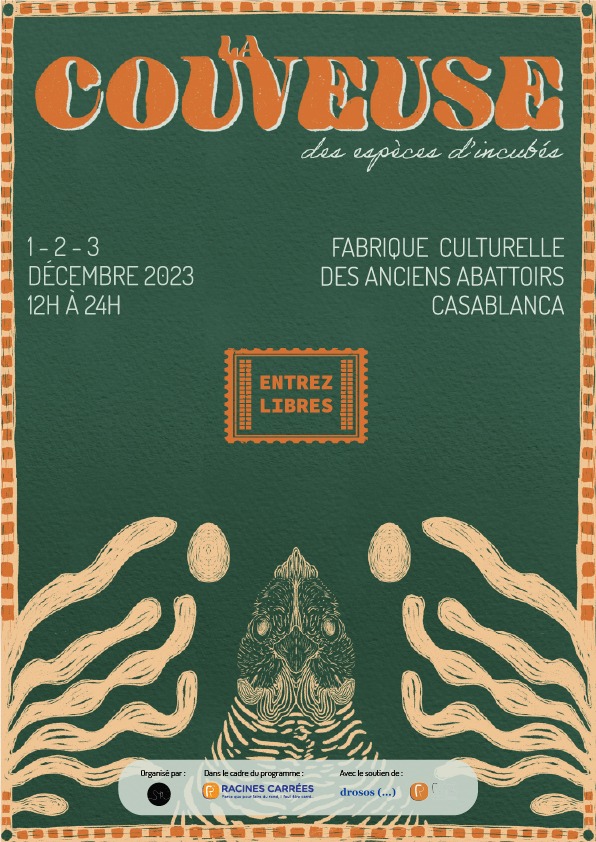RESHAPE’s Open Call

Political, economic, technological and ecological changes in our society deeply influence the way in which arts are created, presented and experienced. Not all artists have the same opportunities to present or collaborate internationally. Public policies, industry practices and the market cannot ensure that diverse artistic voices and practices reach potential audiences across Europe. At the same time, artists work more and more across aesthetics, disciplines, national boundaries and sectors. The institutional not-for-profit arts sector – both on the national and European levels – hasn’t been flexible enough to integrate these changes.
Open call
We are looking for artists and cultural workers who have tried and managed to devise alternative models of working together or have engaged audiences in innovative ways.
Do you know one? Spread the word! Are you one of them? Apply!
You can apply to join one of 5 teams in developing transnational and experimental tools for supporting contemporary art practices, or;
You can apply to take part in the Forum where artists and cultural workers will discuss experimental practices around Europe and Euromed region, or;
You can send us info about your work and become a part of the Directory of experimental practices.
Context
RESHAPE proposes an open and inclusive experimental process with professionals from the Europe and the Mediterranean to enhance their innovative practices and help transforming the entire arts ecosystem.
RESHAPE wants to bring professionals from Europe and the South Mediterranean together in an experimental process of further developing their innovative practices and help transform the entire arts ecosystem.
Political, economic, technological and ecological changes in our society deeply influence the way in which arts are created, presented and experienced. Not all artists have the same opportunities to present or collaborate internationally. Public policies, industry practices and the market cannot ensure that diverse artistic voices and practices reach potential audiences across Europe. At the same time, artists work more and more across aesthetics, disciplines, national boundaries and sectors. The institutional not-for-profit arts sector – both on the national and European levels – hasn’t been flexible enough to integrate these changes.
How to continue supporting our arts sector within this context? RESHAPE partners are convinced that artists and cultural workers are innovation experts, that they are the ones who should invent future models for the arts sector.
There are many innovative models and projects created by arts professionals around Europe and South Mediterranean who, eager to stay true to their values, experiment with different ways of engaging audiences and connecting with other social sectors. These often fragile and unconnected projects are ‘weak signals’ of potential future models.
RESHAPE is looking for such artistic initiatives, providing it with time and space to be further developed in a transnational and transregional context. RESHAPE wants to (re)imagine new models of organizing the arts sector.
RESHAPE will support existing initiatives and projects experimenting with innovative models, creating an opportunity for artists and cultural workers to meet and exchange ideas. Concretely, it will devise 5 sustainable and innovative prototypes to 5 research themes posed below.
RESHAPE themes
1. ART AND CITIZENSHIP
How can art better support practicing citizenship together?
Within the dominant contemporary art practices, the roles of artists as producers and audiences as consumers is strictly defined . However, there are artists and arts organizations which create alternative ways to connect with their audiences as committed and engaged citizens. In order to do this, a different type of actions and skills are needed requiring both the artist and the audience to become active citizens. There are many existing initiatives, but they are mainly local, weak and small-scale. How can international cooperation connect and strengthen these models, how can they have bigger impact and become more mainstream?
2. FAIR GOVERNANCE MODELS
How to make open, inclusive and flexible governance models?
Collectives, informal and/or temporary partnerships, self-organization / self-management and inclusive governance are different organizational trends which abandon hierarchical organizational models and methods. Its purpose is to make decision-making and implementation more respectful of humanistic values and needs of arts engagement in society today. What and how can we learn from these new models? What social, ethical and cultural aspects of these models can we keep and cherish on a transnational and transregional level?
3. VALUE OF ART IN SOCIAL FABRIC
How to encourage understanding of and promote the value of art in social fabric?
For the lack of a more effective method, the value of contemporary art is often reduced to visible results or products. Processes developed by artistic practices mainly end up to be invisible or unrecognized so the audiences and decision-makers often don’t recognize the importance and the value of arts in society. How to better understand the influence of the artists and their work in the local context, urban or rural? How to encourage and support practices which create intangible value for society?
4. SOLIDARITY FUNDING
How can solidarity funding encourage the vitality of contemporary arts in these uncertain times?
Due to changing historical, cultural, political and economic factors, not all Europeans can cooperate within Europe in the same way (presenting, for example, German work in France is easy because of institutional support, while presenting work from Albania in Croatia is almost impossible, due to lack of institutional support). Also, because of unstable political and social situation (political shifts leading to funding cuts, censorship, migration of artists and cultural workers due to political instability), funding institutions get stuck within their working frameworks and often don’t respond quickly enough to these unexpected circumstances. How to support art projects based on their artistic and collaborative potential rather than where they come from? How to create conditions and models which tackle the inequality of access to mobility and funding? How to make sure the unfunded (and thus virtually impossible) projects get funding and support?
5. TRANSNATIONAL / POSTNATIONAL ARTISTIC PRACTICES
What framework and tools do artists working transnationally need and how to provide them?
Contemporary art practices are increasingly mobile: they develop, produce and present their work sometimes in multiple countries at the same time, e.g. an artist can be born in one country, live in another, be resident of a third and have work produced in the fourth. However, existing administrative structures (companies, production offices, agents, unions…) following national arts policies are unable to respond to this new need of developing a transnational artistic path. Everyone gladly claims an artist as their own, but no one wants to create conditions to ensure his transnational mobility. How to bridge this gap? How to create conditions for the mobility of all artists who choose to work transnationally, not only the happy few who have been noticed by international networks?
These 5 topics will be explored in the following way:
- Directory mapping existing experimental practices in Europe and the South Mediterranean, always evolving.
- Forum – the meeting of artists and cultural workers encouraging discussion and reflection on alternative practices.
- Trajectory Groups – each group gathered around one of the five above mentioned topics. In total 50 artists and cultural workers propose new models, strategies and tools via workshops and remote work.
- Intensives – all participating artists and other professionals gather in two inspirational meetings to discuss and compare emerging ideas.
- Conference – participants share the process and result with broader arts & culture community.
- Publications – a collection of publications that raise important questions and share the results of the RESHAPE project.
Timeline
RESHAPE will start by building the Directory that will gather information on existing experimental / alternative / innovative practices and projects dealing with one of the 5 topics.
It will officially open with a Forum in Lublin (1-3 April 2019), a meeting gathering representatives of experimental initiatives around 5 RESHAPE topics.
The Forum will launch 5 Trajectory Groups for 5 topics. A Trajectory Group will gather 8 people (Reshapers) who will work together during 2 years on creative solution-making prototypes responding to one of 5 challenges. Reshapers commit to 3 workshops (only Reshapers working on common topic), 2 intensives (all Reshapers and other arts professionals), the Forum and the final Conference.
- Workshops in Trajectory Group 1 will take place in Edinburgh (26-28 June 2019), Barcelona (11-13 December 2019) and Tunis (17-19 June 2020).
- Workshops in Trajectory Group 2 will take place in Tangier (4-6 September 2019), Sofia (4-6 December 2019) and Athens (13-15 May 2020).
- Workshops in Trajectory Group 3 will take place in Prague (18-20 September 2019), Ghent (5-7 February 2020) and Lisbon (27-29 May 2020).
- Workshops in Trajectory Group 4 will take place in Beirut (25-27 September 2019), Potsdam (15-17 January 2020) and Kiev (3-5 June 2020).
- Workshops in Trajectory Group 5 will take place in Copenhagen (12-14 June 2019), Istanbul (29-31 January 2020) and Marseille (27-29 April 2020).
Intensives, the gathering of all Reshapers, will be held in Cluj-Napoca (11-15 November 2019) and Zagreb (9-13 March 2020).
The results of the RESHAPE process will be presented In the final conference in Ljubljana (28-30 October 2020).
Is this something for you?
Are you an artist or cultural worker who has developed practices that this project considers urgent? Are you actively engaged in one of the proposed topics? Are you working in Europe and/or in the South Mediterranean? Would you like to work on creating new working models? Do you need time and space to develop your ideas in an encouraging environment of like-minded people from all over Europe and the South Mediterranean? Then this project is for you.
It is up to you to decide how much you want to engage – you can simply share info on your work in the Directory and share your ideas and practices with others; you can go further and meet other artists and cultural workers gathered around the same issues at the Forum in Lublin; or you can engage fully in the process of actually building new concrete creative solutions in the course of two years and become a Reshaper.
Engage!
► SIMPLE AND BASIC: SHARE YOUR INFO in the RESHAPE Directory if you feel that your ideas and actions can be inspirational to other professionals in Europe and the South Mediterranean. First deadline: 15 February 2019. APPLICATION FORM HERE. The application will be reopened again during the implementation of the project.
► ONE STEP FURTHER: ATTEND THE RESHAPE FORUM in Lublin if you want to meet other art professionals who are trying to find ways to adapt their practices to societal changes. The conference is free of charge, partial or full coverage of travel expenses will be offered. Deadline: 31 January 2019. APPLICATION FORM HERE.
► THE FULL MONTY: BECOME A RESHAPER if you want to join 7 other Reshapers to develop solutions to these problems during 2 years. All expenses covered and financial compensation included. Deadline: 31 January 2019. APPLICATION FORM HERE.
Selection process
For the truly innovative solutions to emerge, RESHAPE partners are committed to creating conditions for a free circulation of ideas. An Advisory Committee will ensure an independent and open process of selection of Reshapers and mobility grant beneficiaries.
The Advisory Committee consists of 5 members, respected in their fields and interested in the RESHAPE topics. They are proposed by, but independent from, the project partners. Participants will be chosen based on their competences and experience in dealing with the selected topics, with a special attention to the diversity of disciplines, geography and gender balance.
The final selection of attendees of the RESHAPE Forum in Lublin and Reshapers will be published on 20 February 2019. The final selection of Directory members will be published on 15 March.
What is included in this open call?
“SIMPLE AND BASIC” thread: You will become a part of the RESHAPE Directory that will map individuals, organizations and initiatives dealing with alternative models and practices of organizing and collaborating, drawing threads among similar organizations in Euromed region.
“ONE STEP FURTHER” thread: If you get selected, we are offering you a participation in the RESHAPE Lublin Forum with plane/bus/train tickets from Europe or the South Mediterranean region to Lublin, accommodation and catering covered.
“THE FULL MONTY” thread: If you get selected, we are offering you a possibility to work with other individuals on a selected topic during the course of 2 years, a compensation of 4.750,00 EUR including VAT and other taxes (for taking part in the whole process), and the coverage of travel and subsistence expenses related to project activities.
Questions?
If you have additional questions about this call, feel free to contact us. We’ll be open for questions up until 7 January 2019, and will answer to your questions until 14 January. You can send your questions to [email protected] with a title “Question(s) in relation to RESHAPE open call”.
Share this article:
Latest news





